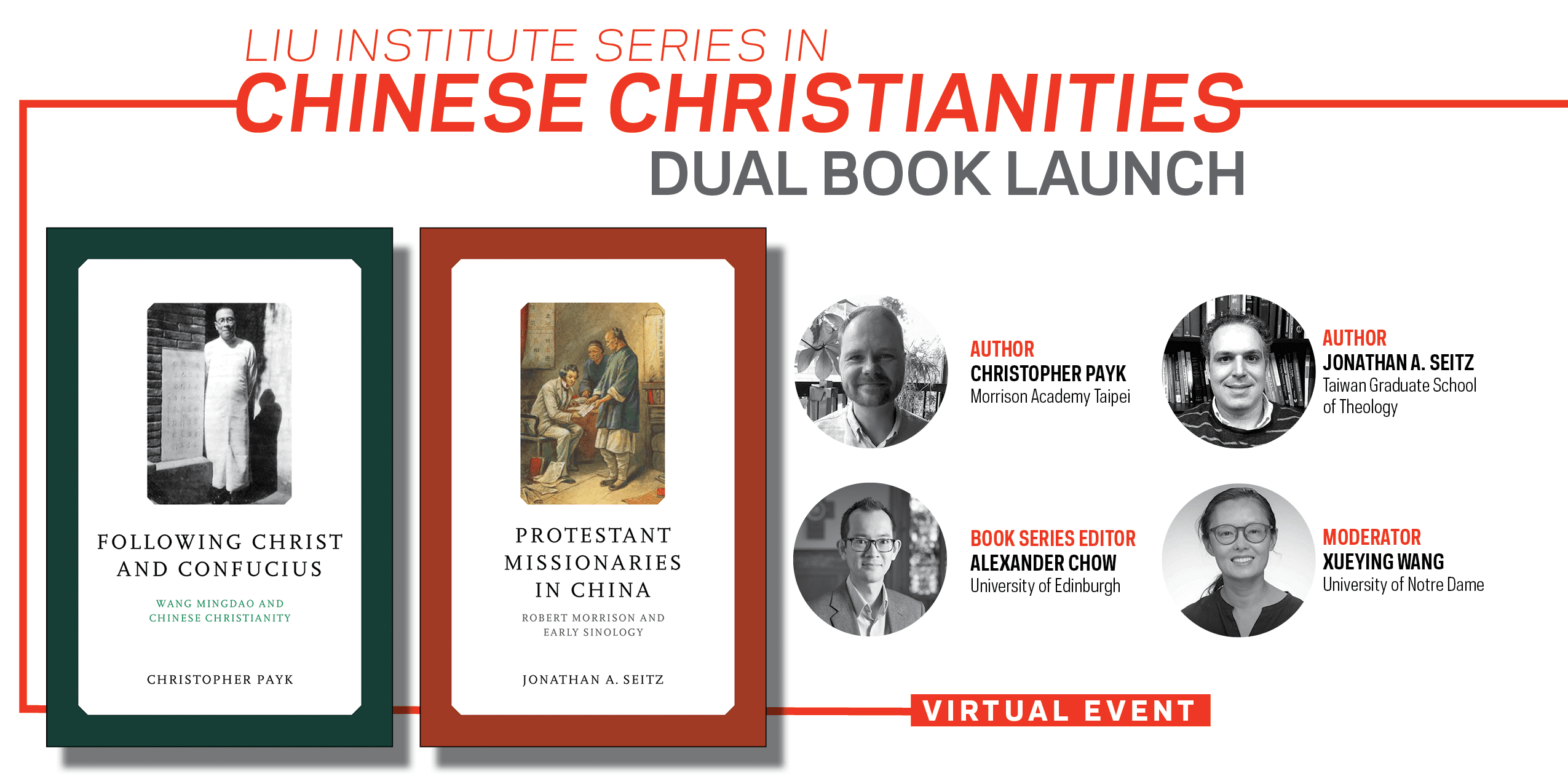Integral Human Development: From Paternalism to Accompaniment
To what extent can ordinary people, and especially underserved and marginalized people, hope to determine the direction of their own lives and the shape of their own communities? This question initiates a discussion on how the Church has moved from a paternalistic to an egalitarian approach to human agency since the 1967 publication of Populorum Progressio, and an argument for the impact of accompaniment in promoting integral human development.
Stephen J. Pope, Ph.D. professor of theology at Boston College, was the keynote speaker at the Center for Social Concerns 2017 Catholic Social Tradition Conference, “The Soul of Development: 50th Anniversary of Populorum Progressio,” which addressed the thematic social justice issues in this seminal document of modern Catholic social thought, especially those in the encyclical such as economic justice, international development, solidarity with the poor, peacebuilding and globalization, all of which gave rise to liberation theology and integral human development practices.
April 4, 2017


